japanese alcohol
Japanese Alcohol: Five Amazing Drinks to Try!
James Lau
Posted on March 15, 2024
Share:
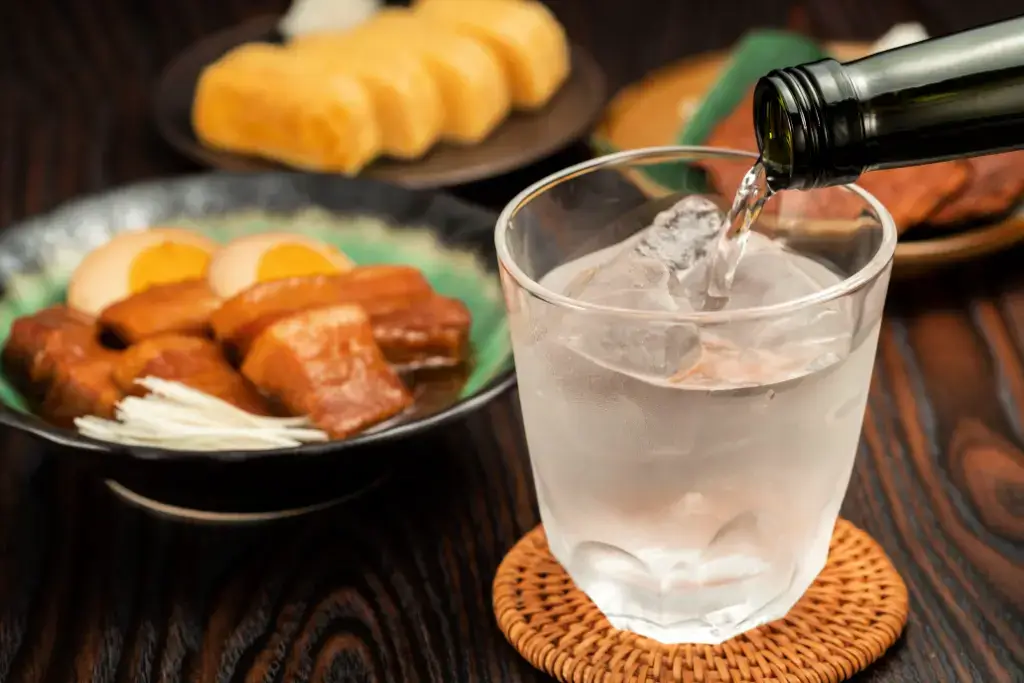
Explore traditional Japanese alcohol with these five incredible drinks, from the warmth of atsukan to the ancient charm of awamori. Discover how each beverage captures Japan’s culinary culture and why enthusiasts worldwide enjoy their unique flavors and traditions!
Shochu
Shochu is a traditional Japanese liquor dating back to the 16th century. Unlike sake from fermentation, shochu is produced through distillation. This process results in a beverage with a higher alcohol content, typically ranging from 20% to 30% ABV, although some varieties can be more robust. Shochu can be enjoyed in various ways, including straight, on the rocks, or mixed with hot or cold water, making it suitable for pairing with many dishes.
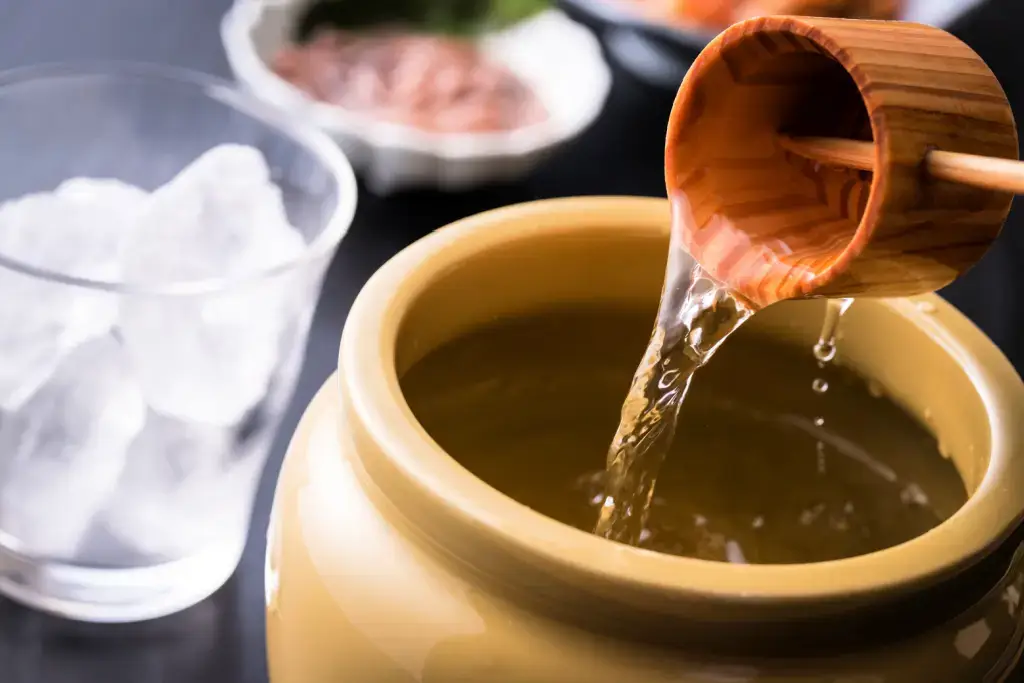
One of the main features of shochu is the variety of raw ingredients in its production. While sweet potato (imo) and barley (mugi) are among the most popular, other ingredients like rice, brown sugar, corn, chestnut, and raw sugar can be used. Each ingredient imparts its unique flavor profile to the final product, offering a range of tastes. You can also age sake in tanks, pots, or barrels, allowing for flavor development and complexity over time.
Atsukan
Hot sake, or “atsukan” in Japanese, is becoming popular in Japan, especially with young people. Enjoying sake at different temperatures can change its taste and aroma, with the most popular temperatures ranging from 30 to 55 degrees Celsius. Warming sake enhances its aroma, sweetness, sourness, and bitterness. Specialized shops and professionals focusing on hot sake are becoming popular as people begin to enjoy atsukan!
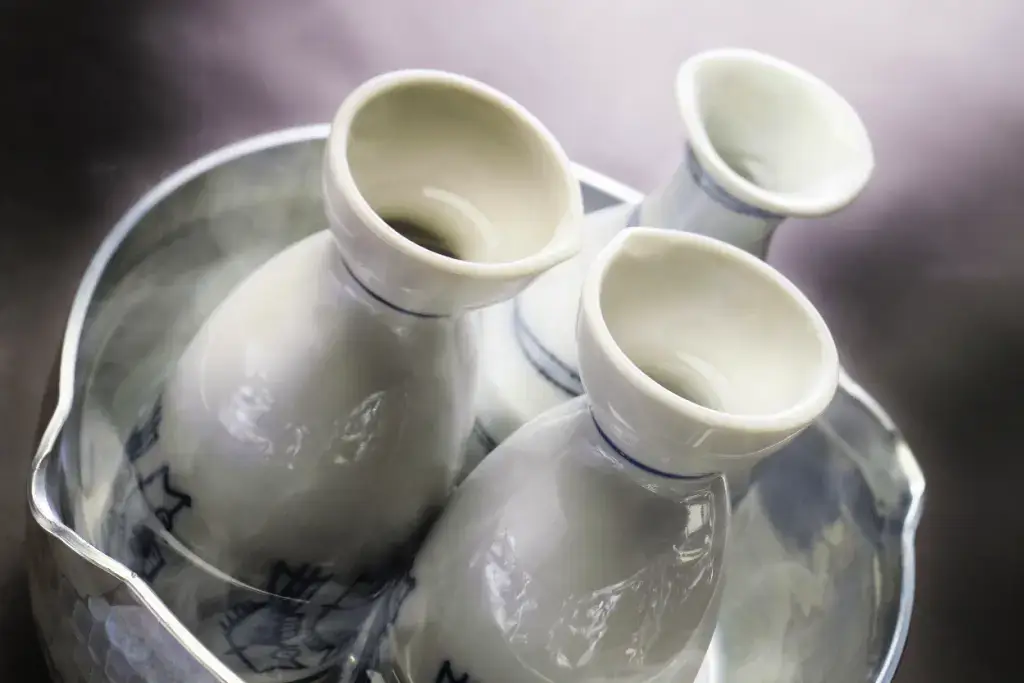
When people warm sake, its flavor changes. For instance, sake warmed to around 50 degrees Celsius creates a rich and full-bodied flavor, perfect for chilly days. Experimenting with temperature variations can allow people to enjoy sake in various ways. Hot sake pairs well with traditional Japanese dishes such as sashimi, simmered fish, and hotpots, adding to the dining experience and making it an excellent choice for enthusiasts wanting to try Japanese sake.
Umeshu
Umeshu, or Japanese plum wine, is an alcohol made from unripe Japanese plums called ume, mixed with sugar and alcohol. Despite its name, umeshu is not technically a wine; it doesn’t undergo fermentation like traditional wine. Instead, it’s a sweet and sour liqueur that captures the essence of Japan’s plum blossoms and flavors. Commonly made with shochu, umeshu can also be crafted using sake, though the former is more traditional.
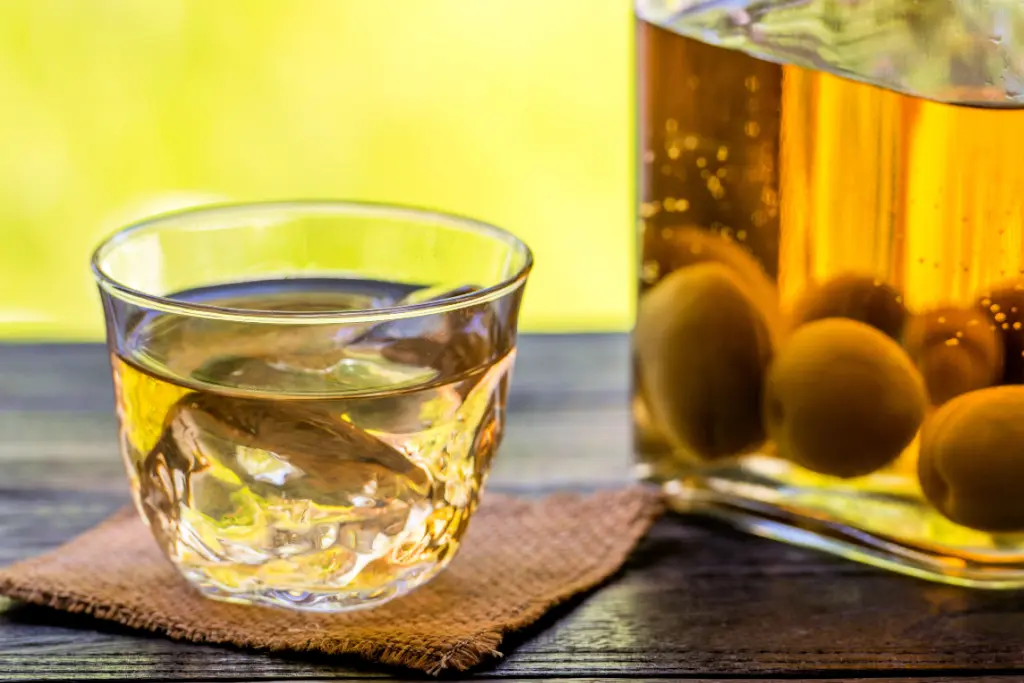
Originally used as medicine, umeshu became popular during Japan’s Showa period and has become a popular homemade beverage. You can also enjoy it at various temperatures, from chilled in summer to heated in winter, making it a popular year-round choice. Moreover, its simple recipe of ume plums, sugar, and alcohol makes it an accessible option for brewing at home or purchasing from stores. Look for labels like “honkaku umeshu” to ensure you get the real deal!
Are you looking for some delicious food from Japan? Check out Sakuraco! Sakuraco delivers traditional Japanese snacks, teas, sweets, and snacks from Japan to your door every month so that you can enjoy Japan’s taste anywhere!

Yuzushu
Yuzushu, a traditional Japanese citrus liqueur, comes from steeping yuzu fruit in alcohol and sugar and then aging the mixture for about a year. Yuzu, famous for its aromatic fragrance and tangy taste, is harvested in winter and often used in Japanese cuisine. As a result, the liqueur has a refreshing citrus flavor with a blend of acidity and sweetness, making it a popular choice for cocktails, garnishes, or enjoyed simply as a fruit.
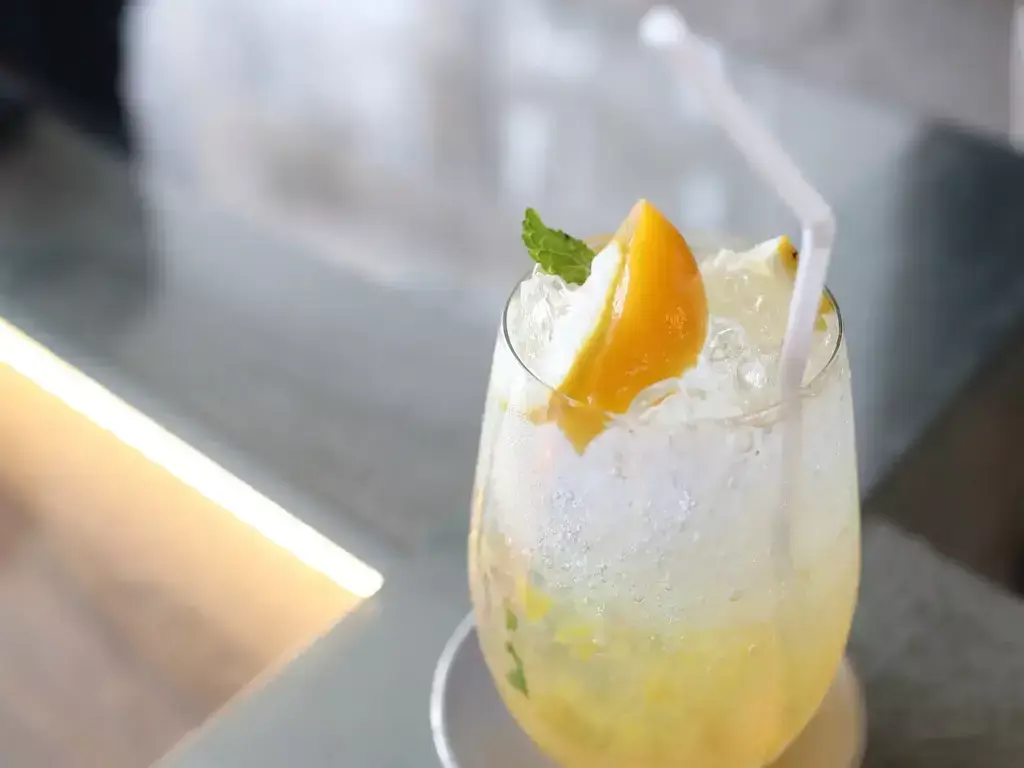
Beyond its culinary appeal, people love yuzu for its potential health benefits, attributed to its high vitamin C content and immune-boosting properties. Yuzushu is suitable for colder seasons because of its ability to ward off illnesses and induce relaxation. While its origins lie in Japan, yuzushu has become popular internationally, serving as an ambassador of Japanese culture and tradition to enthusiasts worldwide.
Awamori
Awamori, Okinawa’s ancient distilled spirit, holds a rich history dating back over 500 years, making it Japan’s oldest alcoholic beverage. This spirit is crafted from rice soaked in water. It is then sprinkled with black koji mold and fermented with water and yeast. After this, it undergoes distillation to achieve its unique taste. The drink originated in the Ryukyu Kingdom, which was necessary for diplomacy and cultural exchange. It eventually became an integral part of Okinawan life and festivities.
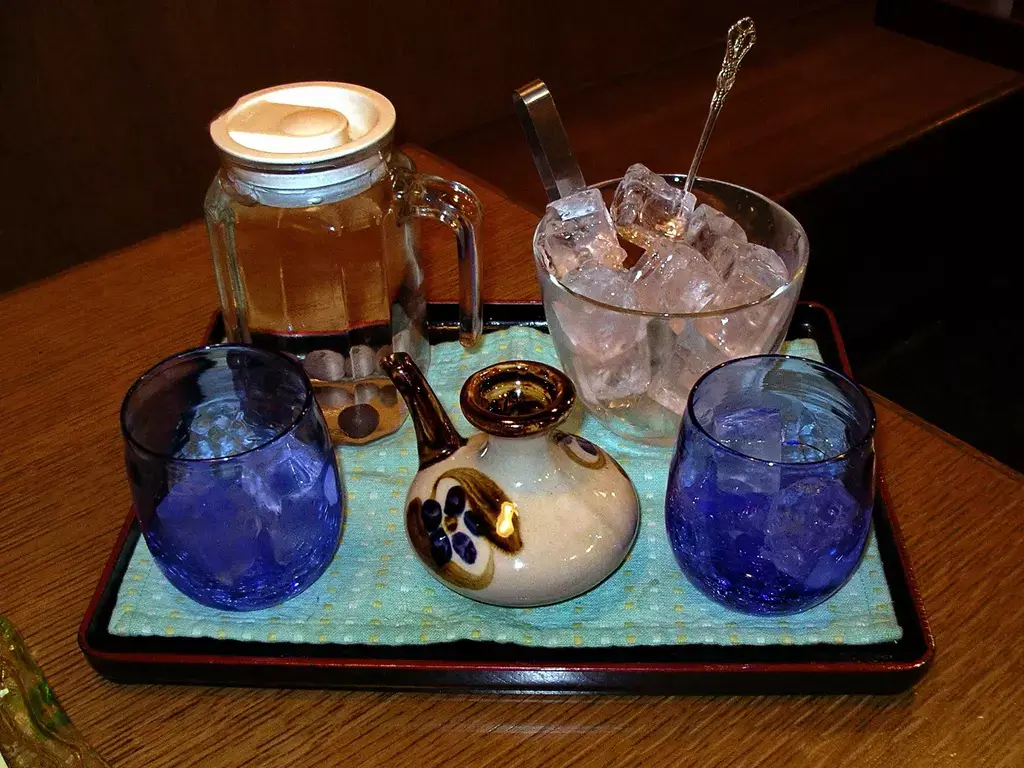
Notable for using black koji mold and rice, awamori has a distinctive aroma and taste profile. Traditionally aged in clay pots for several years, the spirit matures, developing more decadent flavors known as kusu. Today, awamori continues to evolve, with distilleries experimenting with gin and triple-distilled varieties. Visitors to Okinawa can explore the island’s rich awamori culture through distillery tours and tasting rooms, while enthusiasts worldwide can enjoy this historic spirit!
Overall, you should try these types of Japanese alcohol to experience some of Japan’s oldest culinary traditions! Each drink is special, has a unique flavor, and has been carefully perfected over time. Raise your glass and toast to the unforgettable experience of Japanese drinking culture, where every sip celebrates tradition and taste! Have you tried any of these traditional Japanese alcohols? Which one is your favorite? Let us know in the comments below!
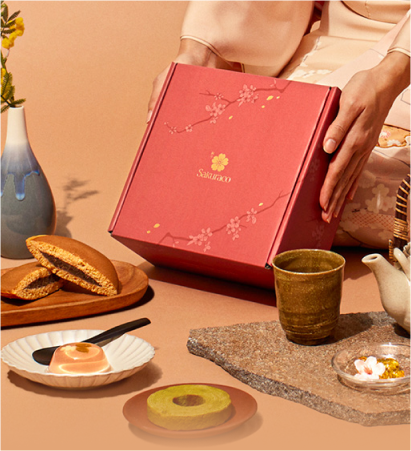
Discover authentic flavors with Sakuraco
Get Sakuraco 

Discover authentic flavors with Sakuraco
Get Sakuraco 
Related Articles
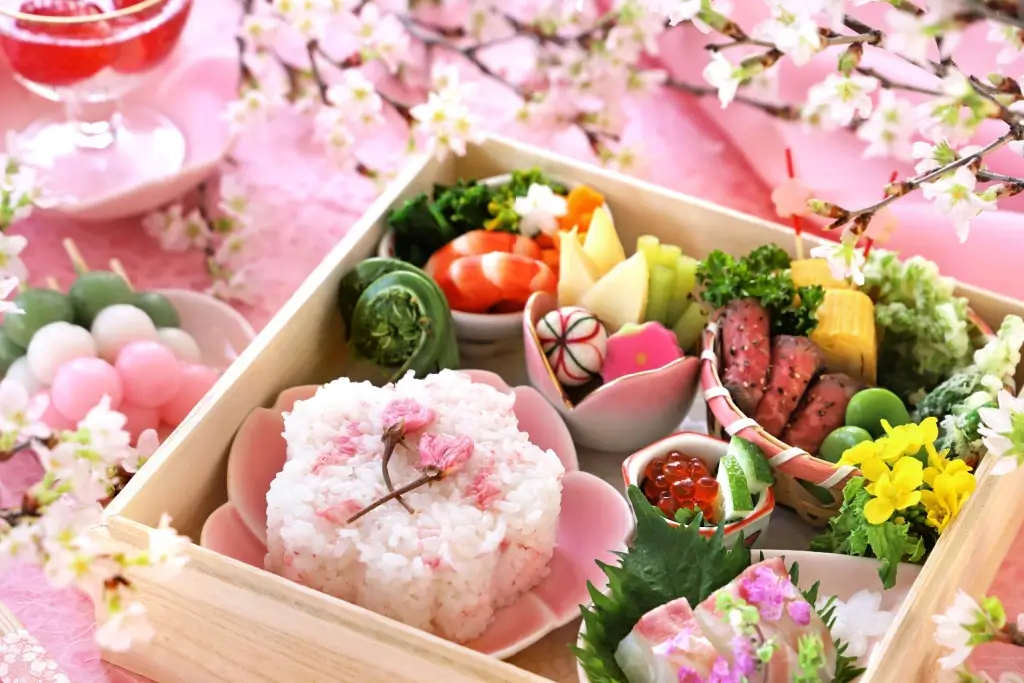
Cherry Blossoms in Japanese Food: The Ultimate Guide!
Cherry blossoms brighten Japan’s spring landscape with their delicate pink hues, and they also find their way into kitchens across the country, where cooks transform these fleeting petals into flavorful ingredients for both sweet and savory dishes.
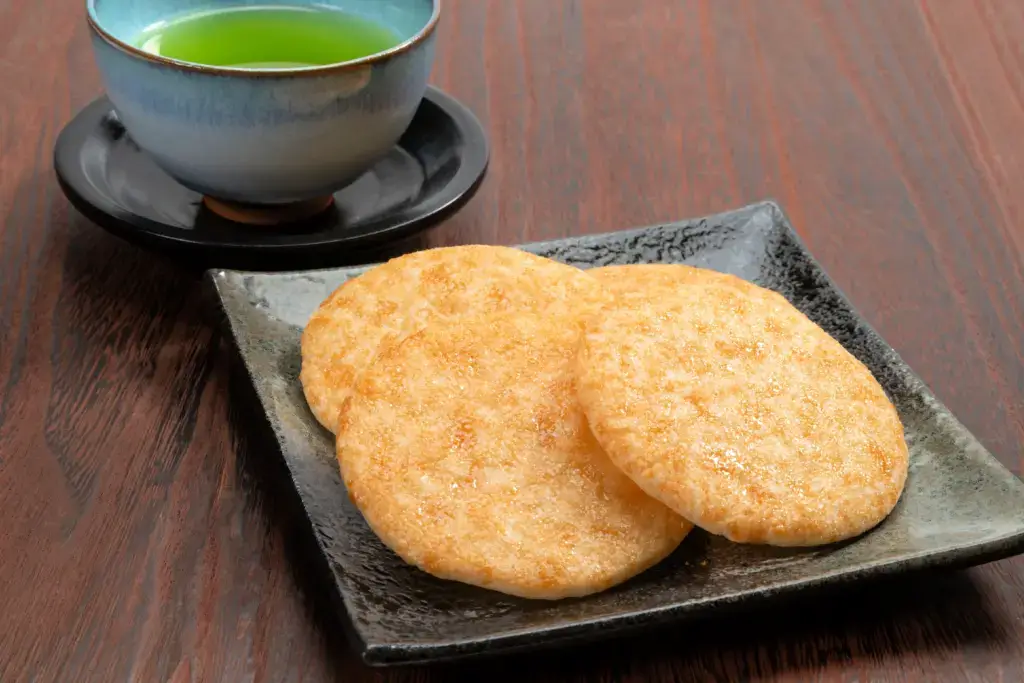
Sugi Confectionery: Aichi’s Crunchy Little Secret
In Aichi Prefecture, where bold flavors and everyday comfort food shine, Sugi Confectionery (Sugi Seika) quietly steals the spotlight with simple, crunchy snacks full of local charm.
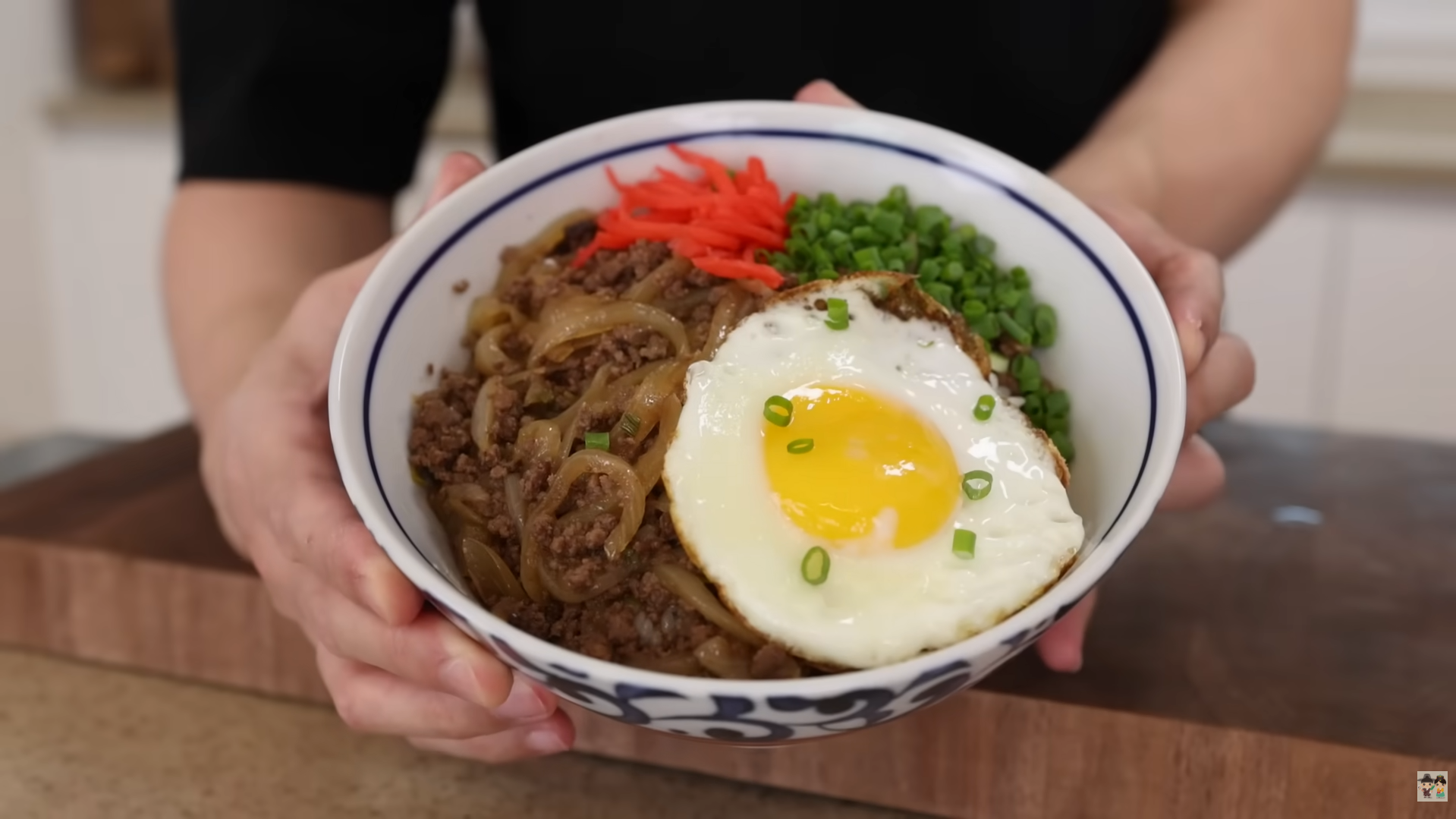
Aaron and Claire Show Us How to Make Gyudon!
If you’re looking for a Japanese comfort food that’s quick, affordable, and full of flavor, Aaron and Claire have a great option. In this video, Aaron shows how to make Gyudon using ground beef instead of the usual thinly sliced beef.
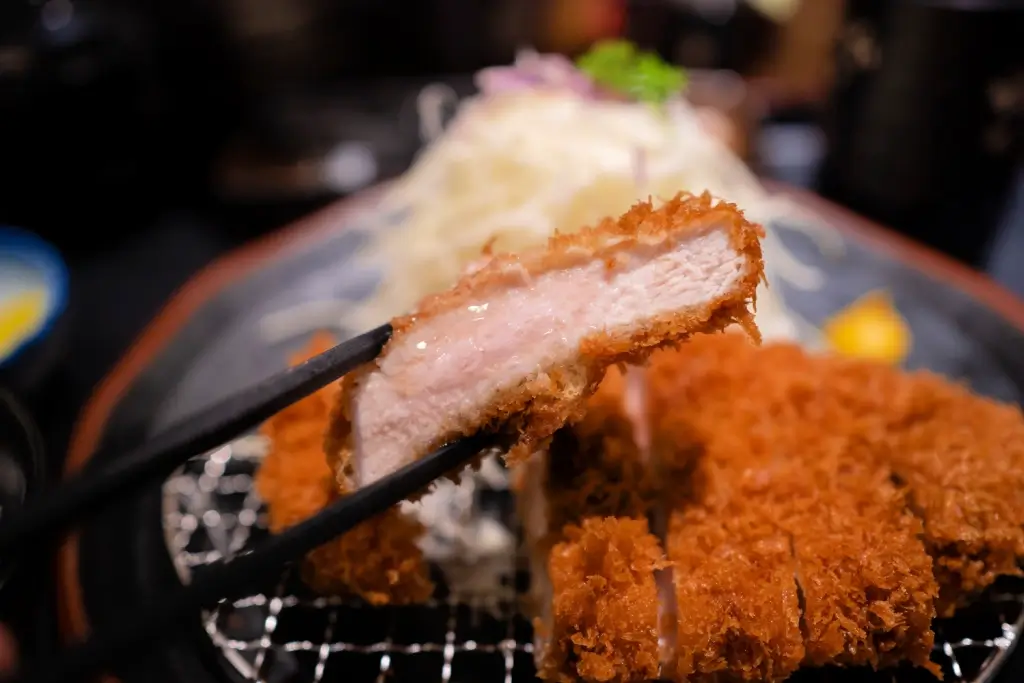
Tonkatsu Luxury Restaurants: Best Ones to Try!
Don’t miss out on tonkatsu if you’re traveling to Japan! Tourists often add the meal to their must-eat list because of its delicious and satisfying nature. Even better, you can elevate the experience by going to luxury restaurants across Japan, where you can experience some of the most celebrated pork cutlets.


